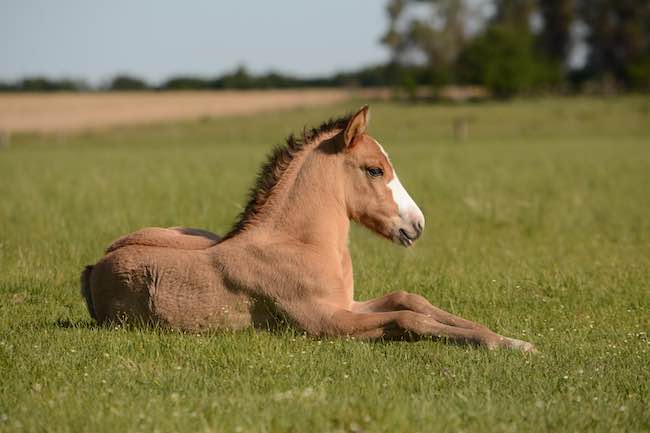Using Horse Manure For Your Garden Soil

Using horse manure for your garden soil can be an excellent way to enrich the soil and promote healthy plant growth. Horse manure is a valuable organic fertilizer that provides essential nutrients and improves the overall structure of the soil. Here are some key points to consider when using horse manure in your garden:
- Composting: Fresh horse manure should not be directly applied to your garden beds as it can be too strong and may contain weed seeds or pathogens. Composting the manure is essential to break it down and allow it to mature. Combine the manure with other organic materials like straw, leaves, or wood chips in a compost bin or pile.
- Maturation: Allow the compost pile to heat up and decompose for several months, ideally around six to twelve months. This maturation process helps kill off any potential weed seeds, pathogens, or parasites present in the manure, making it safe to use in the garden.
- Mixing: Once the horse manure has fully composted and turned into rich, dark, crumbly soil-like material, it’s ready to be mixed into your garden soil. Use a garden fork or a shovel to thoroughly incorporate the composted manure into the top few inches of your existing soil.
- Nutrient enrichment: Horse manure is rich in essential nutrients like nitrogen, phosphorus, and potassium, which are beneficial for plant growth. It also adds organic matter to the soil, improving its water retention and overall fertility.
- Soil conditioning: The addition of horse manure improves soil structure by enhancing its ability to hold moisture and drain excess water. It also increases the soil’s ability to retain nutrients, providing a healthier environment for plants’ root development.
- Application rates: The amount of horse manure to apply depends on your specific soil conditions, the plants you are growing, and the compost’s maturity. As a general guideline, a layer of about 2 to 4 inches (5 to 10 cm) of composted horse manure spread evenly over the garden bed should suffice. However, it’s advisable to conduct a soil test to determine the precise nutrient requirements.
- Timing: Incorporate horse manure into your garden soil during the spring or fall, before planting. This gives the soil enough time to benefit from the nutrients and organic matter before you start growing your crops.
- Caution: Avoid using fresh horse manure directly in your garden, as it can be too strong and may burn your plants. Additionally, if the horse has been recently treated with medications or dewormers, it’s best to avoid using the manure until it has thoroughly composted to prevent any potential chemical residues from affecting your plants.
Remember, horse manure should be seen as a soil amendment rather than a complete fertilizer. It’s beneficial when combined with other organic materials and used as part of a holistic approach to garden soil management.




